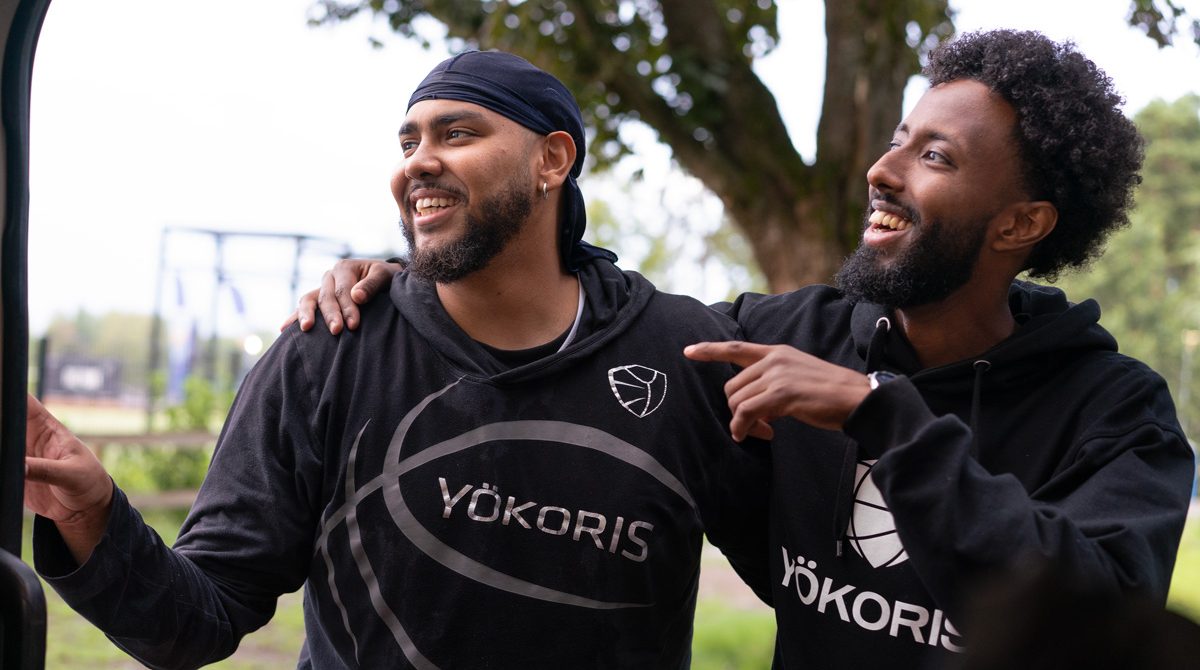
No sustainable peace without young people
5.10.2023
Inka Havanto, Martiina Woodson
The Youth, Peace and Security event, organised by YMCA Finland and the Ministry of Foreign Affairs’ Mediation Centre, showed how young people are building peace both at the grassroots level and by influencing structures. The event attracted widespread interest during the Youth Peace Week.
YMCA Finland developing a framework for peace work in the YMCA
The event, organised by YMCA Finland and the Ministry for Foreign Affairs, brought together a cross-section of 80 people, such as youth, representatives of development, human rights and youth organisations, researchers, officials, and policy-makers – all interested in youth and peace. The event was part of the Youth Peace Week programme coordinated by UN Youth.
The YMCA speeches emphasised that the participation of young people in peace processes is a prerequisite for achieving and maintaining lasting peace throughout the world. YMCA Finland and YMCA partners in Lebanon, Kenya, Ethiopia, and Senegal have outlined a model for peace work in youth work. It emphasises three elements: providing a safe space and meaningful activities, empowering young people, and engaging with local communities, for example by influencing decision-makers or organising peace training for other young people.
Peace-building is one of the long-term priorities of Finnish foreign policy
In his opening speech, Erik Lundberg, Ambassador at Ministry for Foreign Affairs of Finland, reminded the audience that conflict prevention, mediation, and peace-building are long-term priorities of Finnish foreign policy. He pointed out that mediation is not only a discussion between like-minded people but also with those who disagree. Mr. Lundberg stressed that conflict resolution cannot succeed without dialogue, local ownership, and an understanding of the local context.
In his speech, Suldaan Said Ahmed opened up on what mediation meant in practice during his time as Foreign Minister Haavisto’s Special Representative for Mediation in the Horn of Africa. Said Ahmed explained that peace-building also takes place outside the formal negotiation rooms, such as through telephone calls, exchanges of messages, and informal encounters. He pointed out that informal contacts are important, especially for the involvement of young people.
YMCAs show that youth work is peace work all over the world
The YMCAs’ presentations opened up what the above means in practice, i.e. how youth work is peace work.
Sasu Johansson, responsible supervisor of Yökoris/Midnight Basketball at Helsinki YMCA, described how Yökoris is youth work that engages directly with young people, creates a safe space, and offers meaningful activities. Yökoris creates a sense of community and also opens up pathways for young people to work and develops opportunities to make a difference, for example through the From Playgrounds to Peacebuilders activities.
Rayan Mansour, a Lebanese-Venezuelan social worker, spoke about the workshops at the YMCA peace camp and how they influenced her as a peacebuilder.
Dennis Waweru, a YMCA Peacemakers volunteer from Kenya, spoke about the situation of young people in Kenya and the impressive peace work they do, not only at the grassroots level but also by influencing political structures. As an example, he mentioned the #YouthPeaceSecurity event jointly organised by YMCA Peacemakers of YMCA Finland and YMCA Kenya, with the Embassy of Finland in Nairobi, which brought together decision-makers and young people to discuss how to more systematically strengthen youth participation in decision-making and peace-building in Kenya.
Against the backdrop of a major decision document and action plan highlighting the role of youth
Finland launched the world’s first Youth, Peace and Security Action Plan (2021-2024), which aims to strengthen the role of youth in peacebuilding at all levels, from citizen engagement to international cooperation. The Agenda is based on UN Security Council Resolution 2250 and its supplements. Their package, the Youth, Peace and Security Agenda, commits all UN Member States to develop methods to strengthen the participation of young people in peacebuilding.
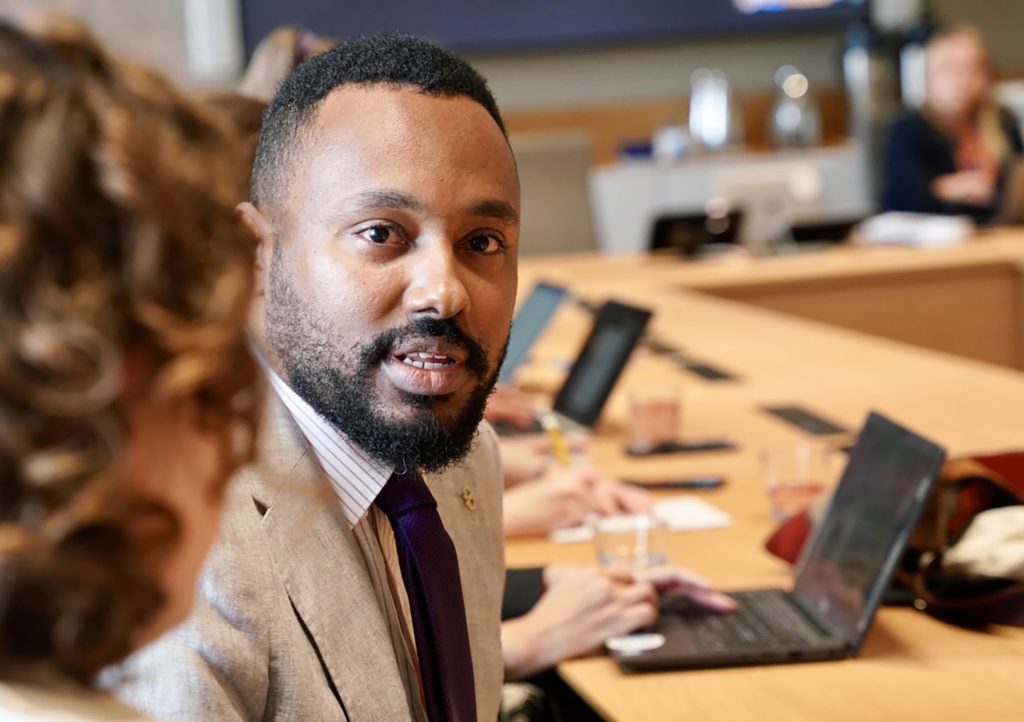
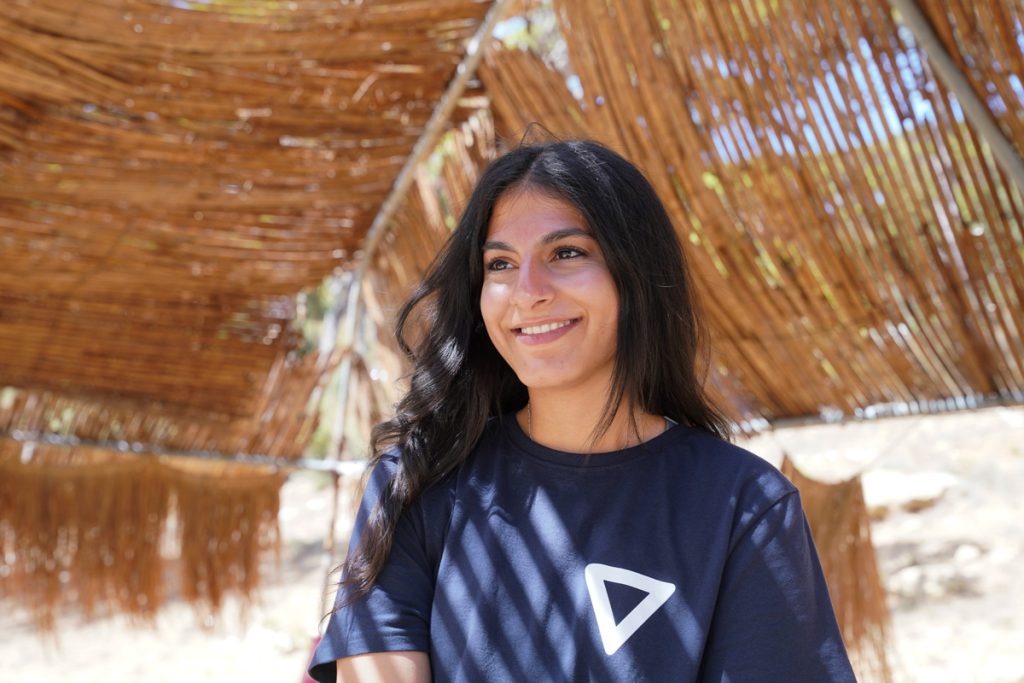
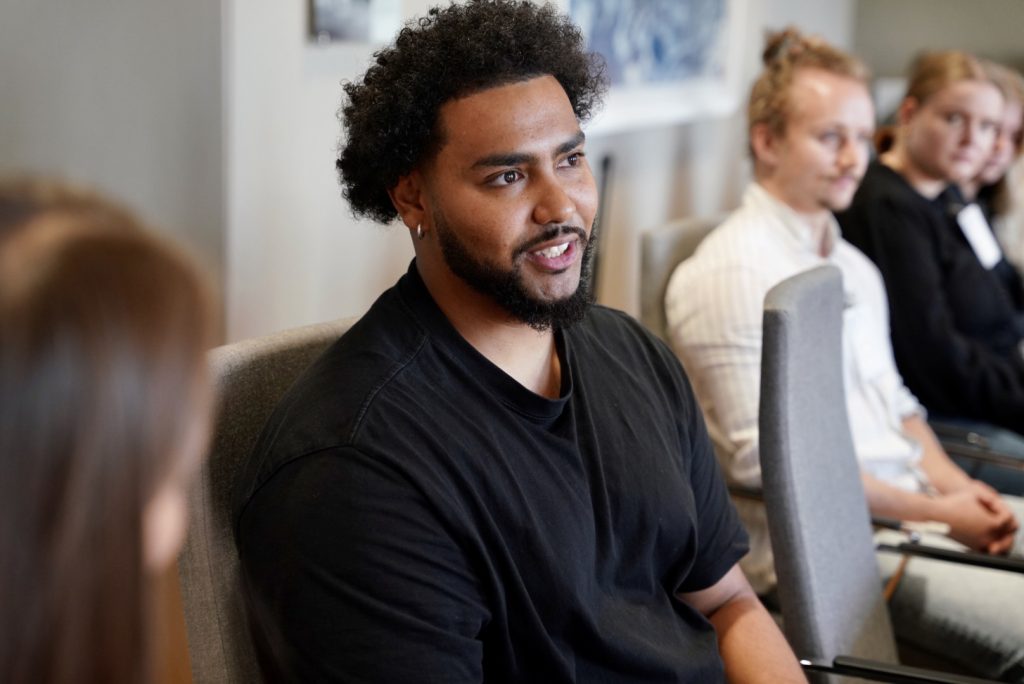
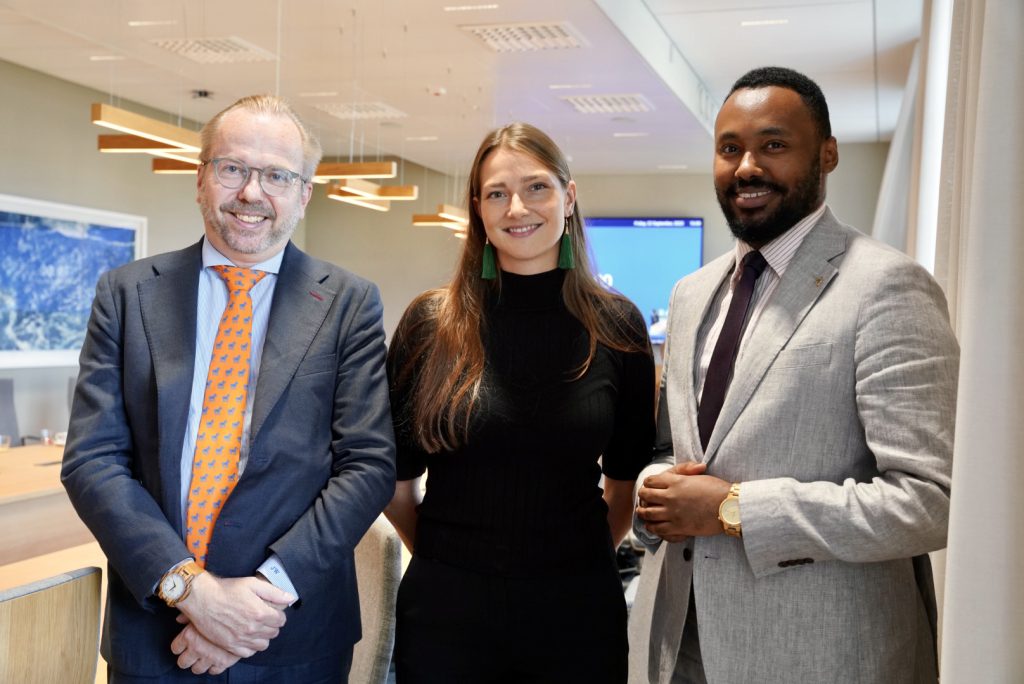
Contact us
Daniela Miller
Programme Planner YMCA Finland
daniela.miller@ymca.fi
+358 400 688 650
YMCA Finland works to promote the well-being, empowerment, sustainable future and peace of young people. We provide international opportunities for young people and implement a development programme with YMCA partners. Our member associations in 30 localities work with children and young people and offer a wide range of leisure activities.
We are a non-profit, non-partisan organisation and part of the world’s largest youth organisation in Finland since 1889.
Our Youth, Peace and Livelihoods Development Cooperation Programme aims to improve local living conditions and promote livelihood opportunities and peace-building skills for young people. The programme is implemented with YMCA partners in Ethiopia, The Gambia, Kenya, Lebanon, and Palestine 2022–2025, with funding from the Finnish Ministry for Foreign Affairs.






